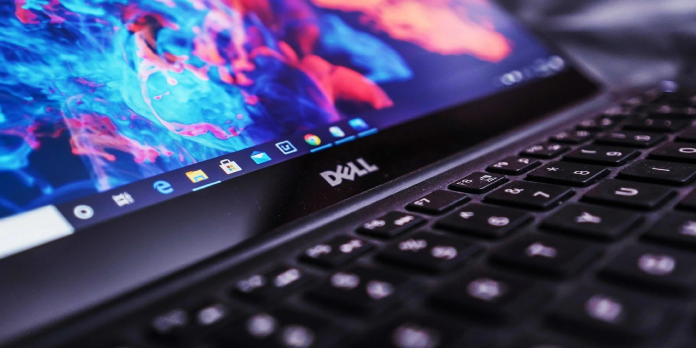Here we can see, “How to: Fix Your Security Settings Could Not Be Detected in Dell”
Dell is undoubtedly one of the most well-known names in the computer industry. It makes PCs for various applications, from servers to beautiful business laptops and powerful gaming machines.
On the other hand, Dell machines come with certain proprietary software that doesn’t necessarily work with the operating system you’ve installed, resulting in issues.
One example is a common error message that many customers have reported receiving after updating or installing the BIOS on their computers, which states:
Your security settings could not be detected. Try restarting your system and running the update again.
Several devices have been known to create problems when updating or installing BIOS.
This error message stops customers from updating or installing their BIOS, rendering the computer useless.
Given the gravity of the situation, we’ve chosen to put together this step-by-step guide that will teach you how to get around it without any further issues.
How do I fix the security settings issues on my Dell?
1. Perform your BIOS update from outside of Windows
Required materials:
-
- Blank USB thumb drive
- Rufus
- Other options include HP USB Disk Storage Format Tool, MSI DOS Tool, UNetbootin, etc
- Updated BIOS + update utility
- Working Dell PC
- Internet Connection to download BIOS update from manufacturer’s company website
Once you’ve gathered all of your materials, follow these steps:
1.1 Check your current BIOS version
-
- Press Windows + R and type msinfo32, then hit Enter.
- The BIOS Version/Date tab displays the version.
1.2 Update your Bios
-
- Go to the motherboard manufacturer’s website and download the proper version.
- Copy the update to a USB flash drive and insert it into your computer.
- When the computer boots up, open the BIOS.
- Select your USB flash drive as the source in the Bios Update tab.
- Follow the directions on the screen.
- Restart your computer.
2. Suspend Bitlocker while performing the BIOS update
-
- Start by pressing the Start button.
- Navigate to the Control Panel.
- Go to the System and Security section.
- Choose BitLocker Drive Encryption from the drop-down menu.
- Suspend Protection is the option to choose.
- Install the BIOS update.
- Restart your computer.
- After the update is finished and the computer has rebooted, re-enable Bitlocker.
You should now be able to update or install your BIOS on a Dell PC without any further problems if you follow these procedures.
Conclusion
I hope you found this guide useful. If you’ve got any questions or comments, don’t hesitate to use the shape below.
User Questions
1. Without a BIOS, how can I enable TPM?
-
- Check if your device is TPM 2.0 compatible.
- Use the PC Health Check tool to see if your computer is in good shape.
- Use the Management Console from Microsoft.
- Check the counter…
- Your device’s motherboard should be updated.
2. What does it signify when a Dell TPM device isn’t detected?
When you try to start your Dell laptop, the message “TPM device not detected” occurs. TPM stands for Trusted Platform Module, and it is a chip that is used to perform cryptographic operations in a system. The TPM chip’s purpose is to secure your machine’s hardware using inbuilt cryptographic keys.
3. What is TPM Dell, and how does it work?
TPM is a computer security device that protects against software vulnerabilities. In practice, the TPM is utilized for various functions that improve your device’s security: BitLocker Drive Encryption: Encrypts the computer drive automatically to protect your data.
4. Alert! TPM device not detected : r/Dell – Reddit
5. Alert! TPM device is not detected. Help! : r/Dell – Reddit



